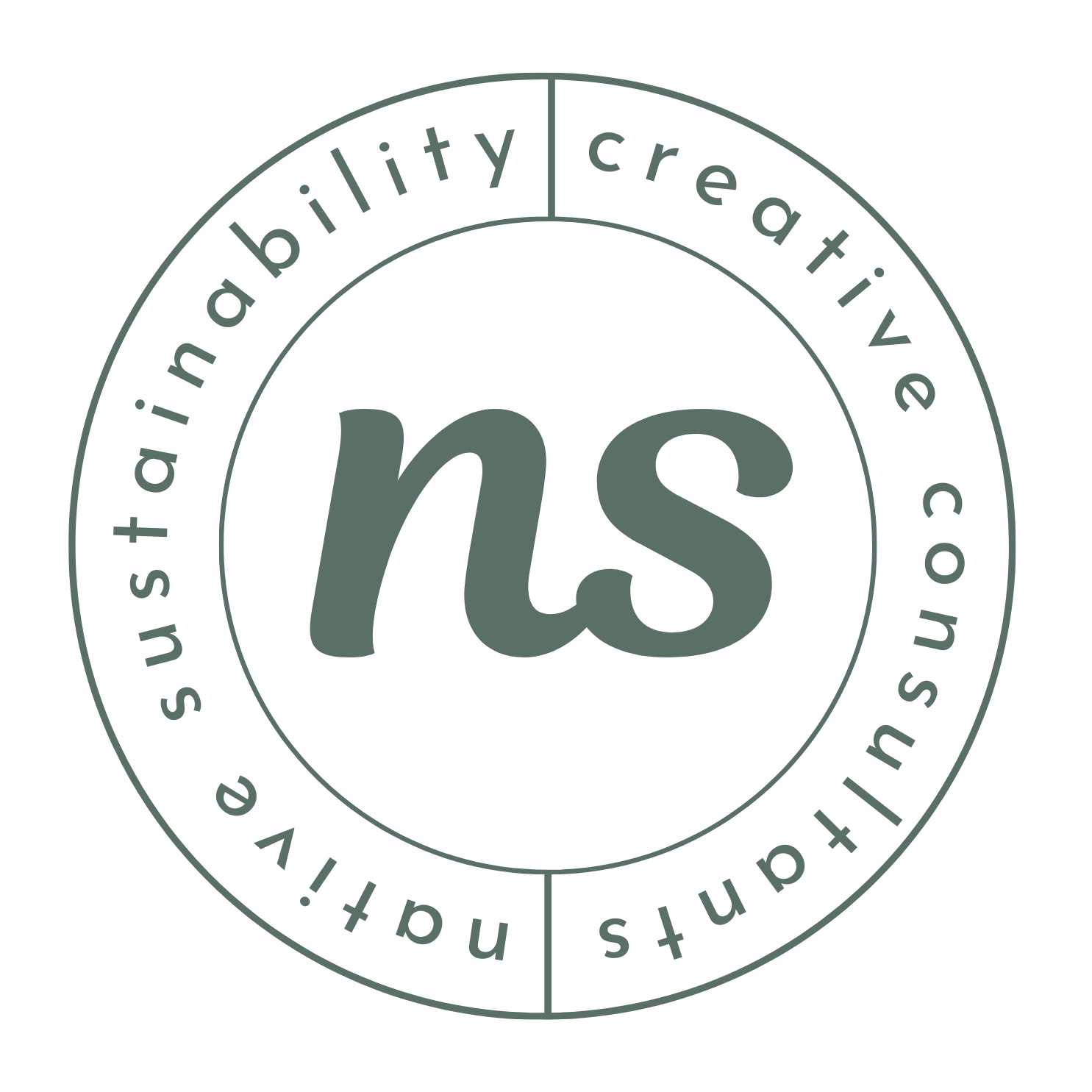Calling all foodies and hunger fighters: Taste The Waste!
Interested in ways to learn more about solutions to the food waste? Need a break from cooking this week? If you answered yes to either of these questions, then mark your calendar for Taste The Waste, an interactive food waste awareness event this Thursday night, February 7th at the Red Stag Supperclub. The dinner will feature a series of small plate dishes created from recovered food, thanks to Twin Cities Coop Partners. Each ticket will also include a beer from Finnegans, a brewery dedicated to “turning beer into food” through local partnerships with farmers and hunger relief organizations.
The issue of wasted food has exploded to epidemic proportions, especially here in the United States. According to the Natural Resource Defense Council’s “Save The Food” initiative, 40% of food in the United States goes to waste, getting tossed instead of being consumed. Aggregated from not only restaurants and grocery stores, but from individual households, we all have a part in this wasted food. Not only does food waste result in tremendous environmental and social consequences, but there are also financial repercussions. Save The Food has calculated that a 4-person family can lose at least $1500 a year on food that gets tossed in the home!
The environmental impacts of wasted food are extensive; from the farming production resources expended, to processing and packaging, transportation, consumption, and finally to waste management; all food has a story. When food is thrown away, it is not only a waste of that physical item, but also of water, soil, fossil fuels, and human labor. For instance, Save The Food estimates that 1 pound of beef utilizes approximately the same amount of water as it takes to shower for 370 minutes. If that beef is never eaten, that is a lot of wasted resources.
While 40% of food is going straight into the landfill, 40 million Americans are fighting hunger (Feeding America). Food insecurity issues surround us here in Minnesota, where 1 in 11 households are affected. Many local organizations, including food banks and shelves, farmers, restaurant partners, and more are working to solve this disconnect and improve these intertwined issues.
Consider attending Taste The Waste or getting involved in some other way!
Register Here: Taste The Waste
Sources:

